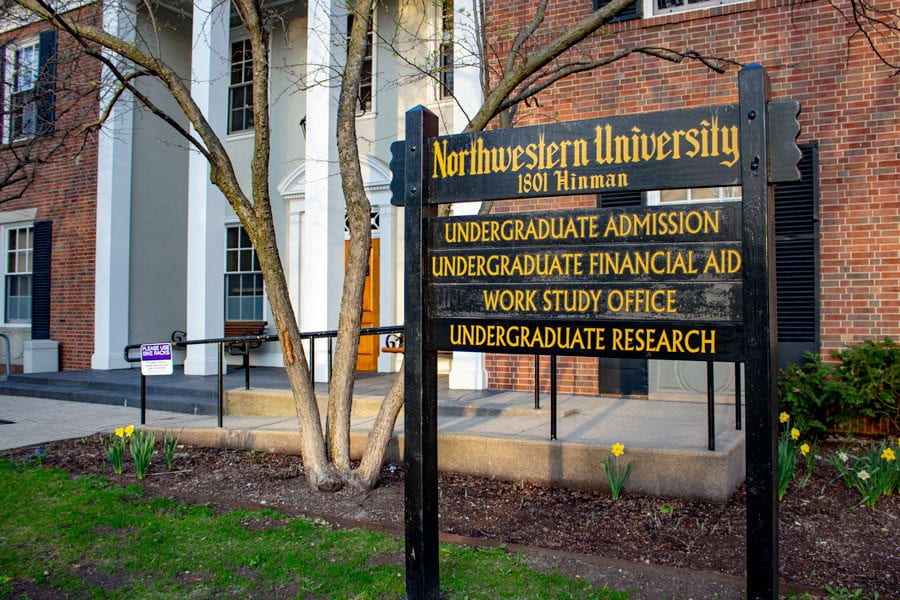Before this summer, I never really considered myself a researcher. Whenever I think of the word “research,” a lab coat, some very advanced science equipment, and safety glasses come to mind. While of course this type of research exists at Northwestern, the Office of Undergraduate Research offers several opportunities that have enhanced my perception on what research can really mean.
My research these past couple months didn’t involve finding the efficacy of B cell-based Cancer Therapy or the role of IRE1a in kidney disease, which are just two examples of the immense research conducted on campus (Awesome Student Research Topics!); my own foray into this world took place whenever I opened my laptop either at Starbucks, a dining hall, or in my living room. Currently I am the research assistant for my supervisor, Dr. Danielle Bainbridge, the host of PBS Digital Studios’ web series, The Origin of Everything. The series follows Dr. Bainbridge as she eloquently covers a question that discovers the origin of a particular piece of history or culture that audiences may have never thought to even ask. Before I joined the team they produced an episode that begged the question, “do we still need public libraries?” A season 2 episode discovered the reasons we have prom, and another queried why the age of eighteen is considered an adult. Of course these questions can’t be answered by observing a test tube and crafting qualitative observations; it requires, as Doctor Bainbridge puts it, a “deep dive” into sources. That is where I come in.
Let’s look at a day in the life of Researcher Nolan Robinson. My first task this summer was on an episode of the series that highlights the history of maternity leave. I was required to do a deep dive into books, articles, statistics, and journals to collect as information much as I could about the topic. This task was a bit different than other research projects because I didn’t necessarily have a question I needed answering; I was only looking up the history of something. It wasn’t until I received my other topics( those I won’t give away yet), that I was told to keep an open mind. I could of course make a hypothesis, which is what any researcher would do, but I had to allow my initial thoughts to be changed based on the information that I was finding. Through it all I discovered that research isn’t for the stubborn; it’s for those who want answers and are willing to forgo their own preconceived notions in order to find them.
My job is remote so I am held accountable on what gets done. I spend hours on the Northwestern databases and in the libraries to find as much as I can. I read articles that lead me to journals, whose footnotes and bibliographies lead me to books, which lead me to articles. The cycle is massive. All this information is then recorded by me; for scholarly sources (journals, books) I have to summarize everything from a twenty page chapter and give a detailed outline, answering “what is this saying, what information is important?” I then send my information over to Dr. Bainbridge and she begins to write the episode. At times I was concerned that I was providing too much information in my analyses, but there is no such thing as too much learning 😉
My next task involves pitching a topic for an episode, which I can then write or help write with the folks over at PBS. I have about two weeks left, so this is what I’ll be focusing on now, and most likely transitioning into this position again during the school year!
As you can tell, I’ve had an exciting experience doing research here so far. I’ve made connections with Dr. Bainbridge and the PBS team that I’m sure I’ll maintain into the future. Remember, research is not just a lab coat, it can be anything you want it to be. Whether it’s curing a disease, a PBS web series, or making a jazz album (This really happened!), research is what you make it, and I’m glad to be at a university where this very fact is celebrated.
